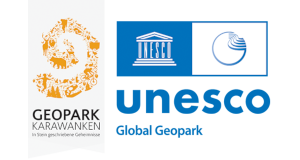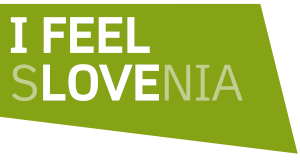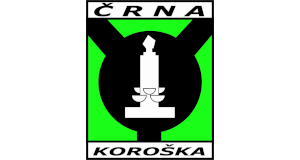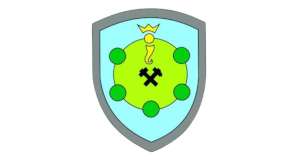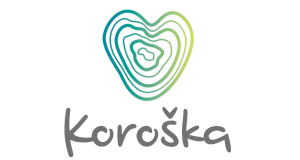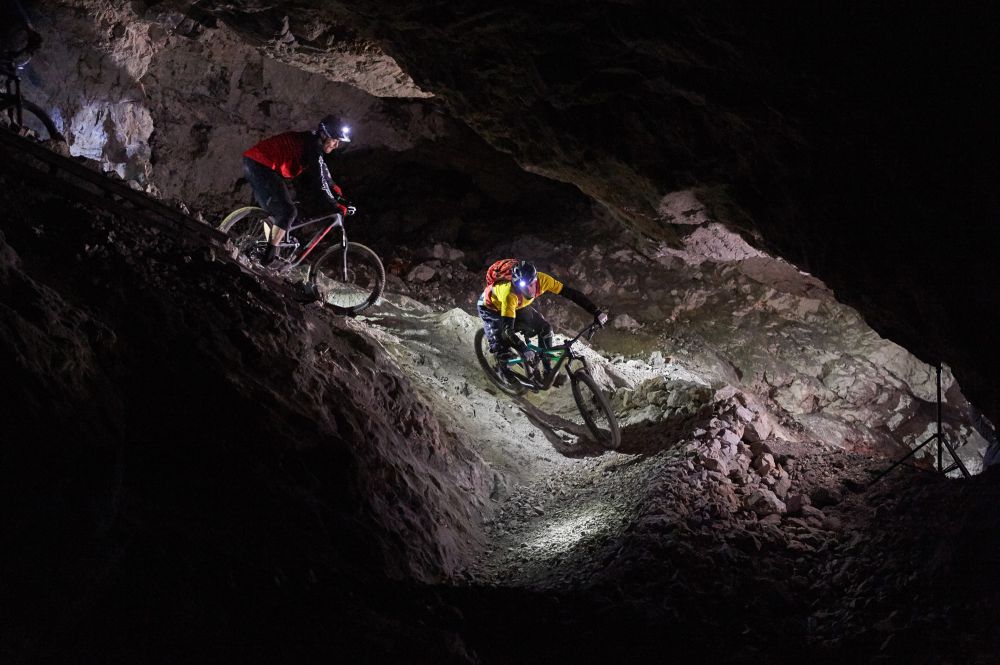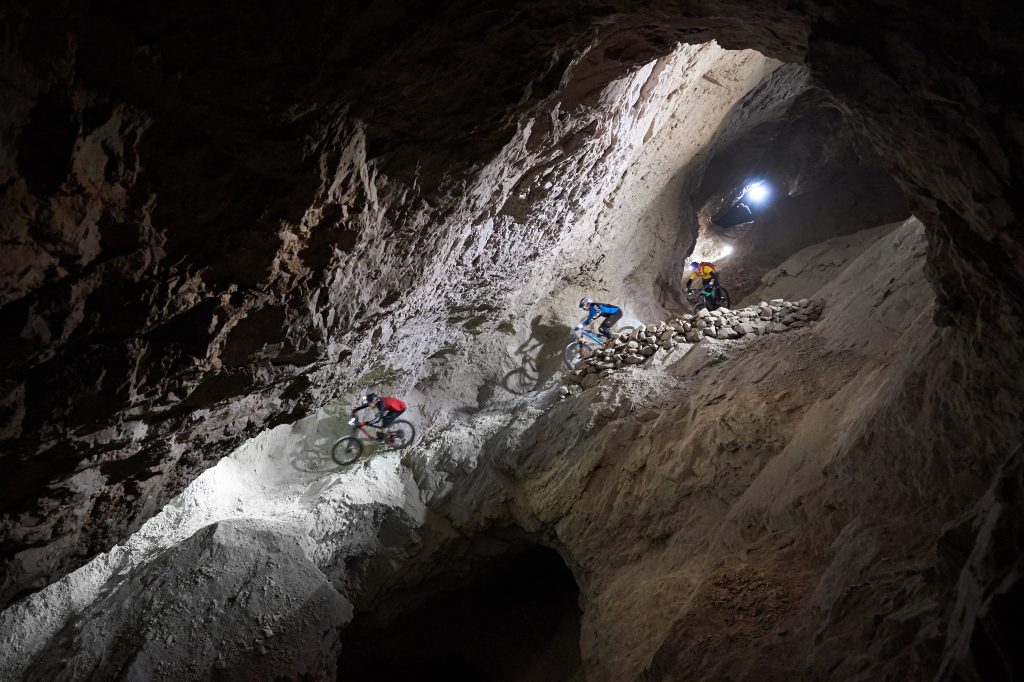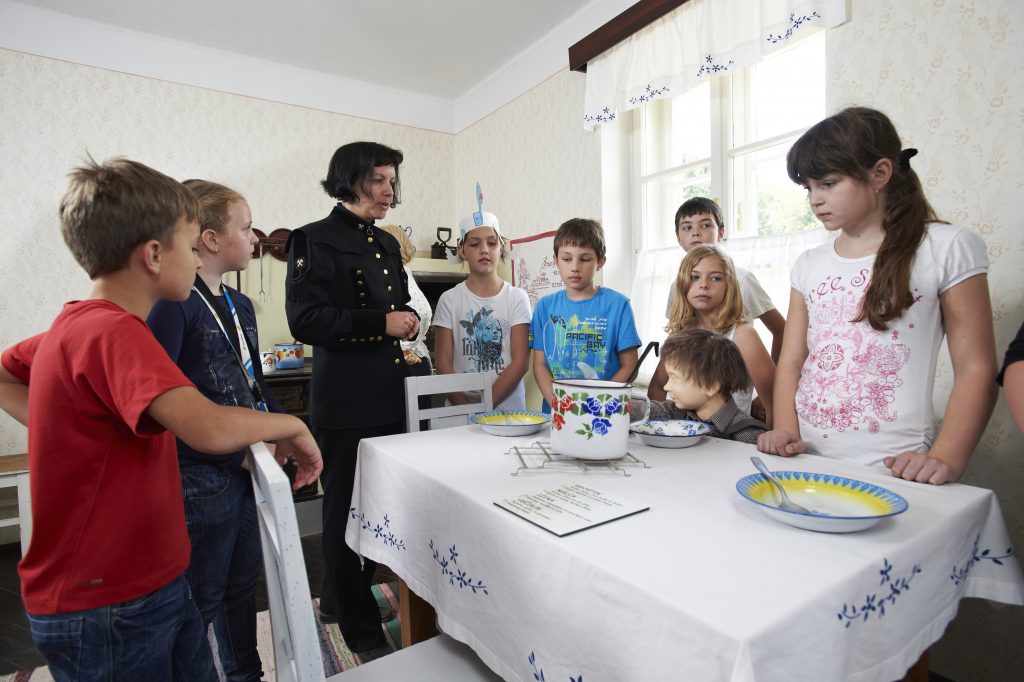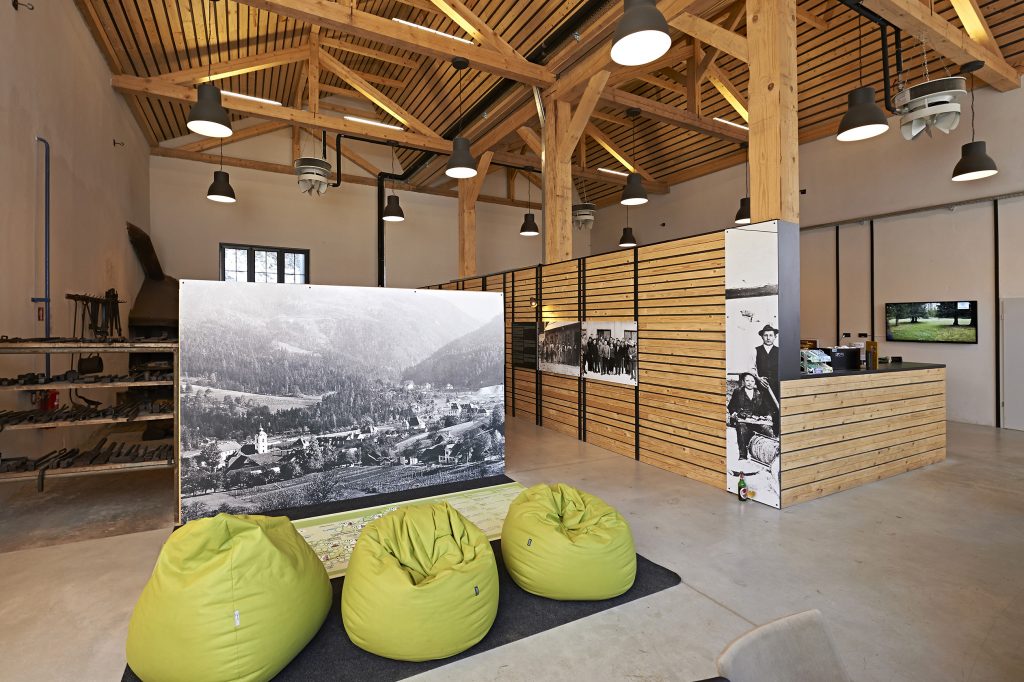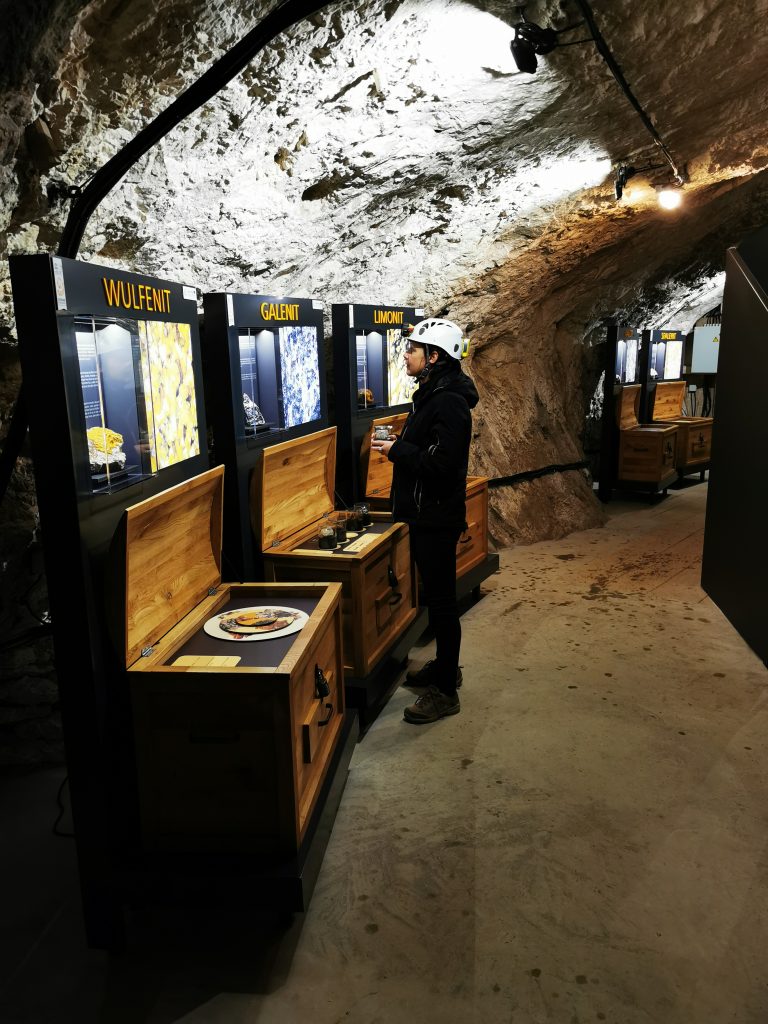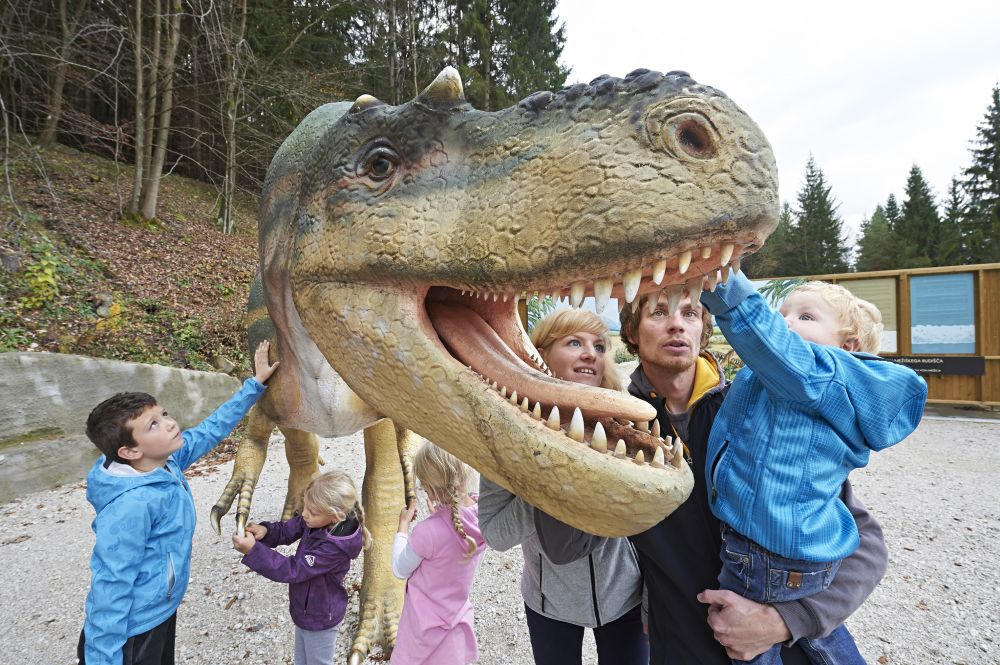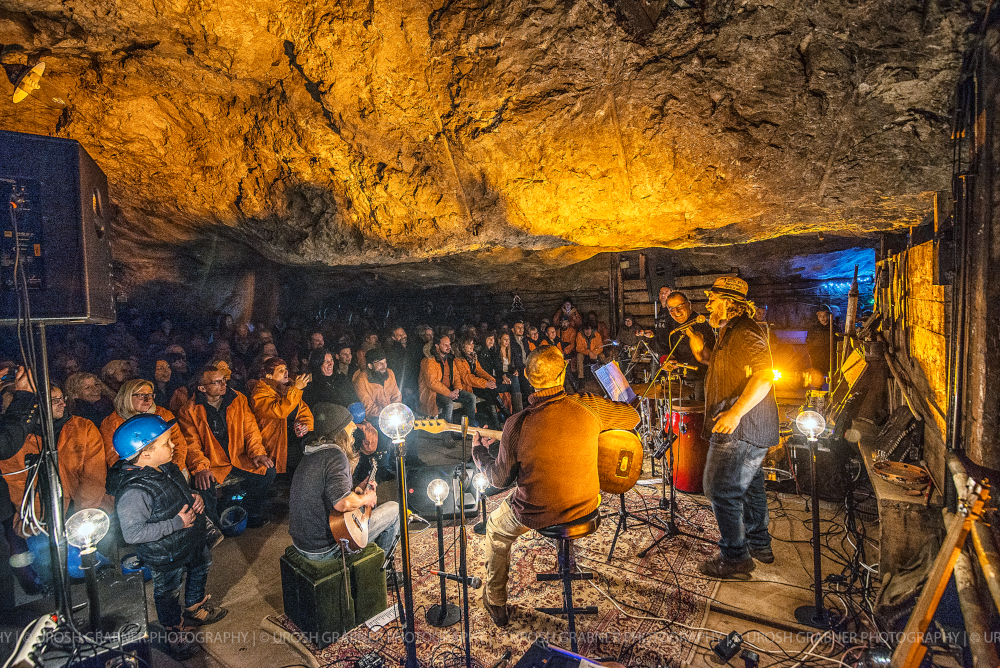You can take the mining train into the underground of Peca, just like in the past, and explore flooded
tunnels with kayaks, you can ride a bike from one valley to another over a 5-kilometre distance, or go
down the adrenaline-pumping Black Hole Trail.
HOW TO FIND US
Our location and tips on getting here
Frequent Questions
The questions our guests ask the most
OUR OFFER
Take a look at the experiences we offer
OTHER OFFER
WE ARE PART OF THE TAB GROUP













LATEST

CHRISTMAS AND NEW YEAR HOLIDAYS 2024
- Posted by admn
- On December 19, 2024
The Tourist Mine and Museum Podzemlje Pece is during the Christmas and New Year holidays 2024 open on the 𝟐𝟕th and 𝟐𝟖th of December. For...

INFORMATION
- Posted by admn
- On March 25, 2024
Dear guests, we would like to inform you that the Tourist Mine and Museum Podzemlje Pece will be closed on Sunday, 31.3.2024. You...
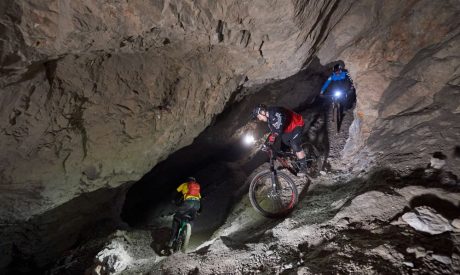
New Unique Experience!
- Posted by admn
- On September 20, 2023
This August, we were delighted to hear that the Slovenian Tourist Board has included our underground mountain-bike trail Black Hole Trail among...
